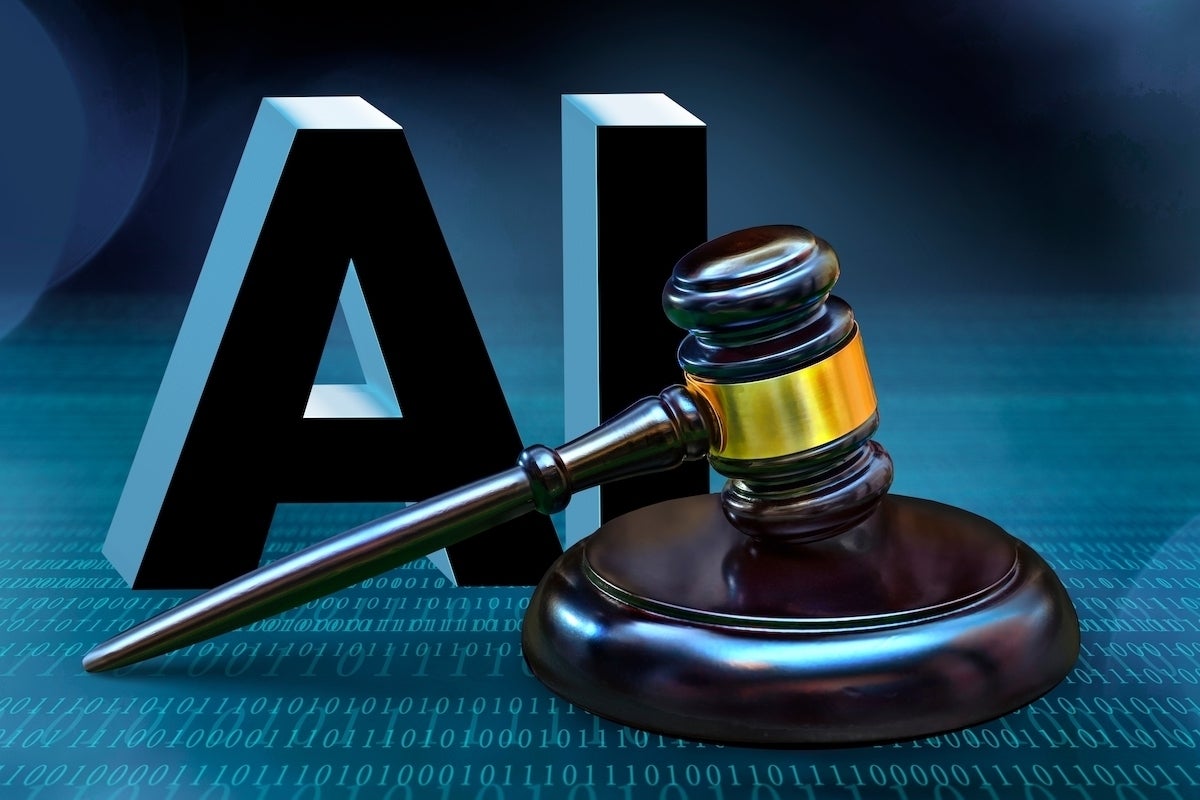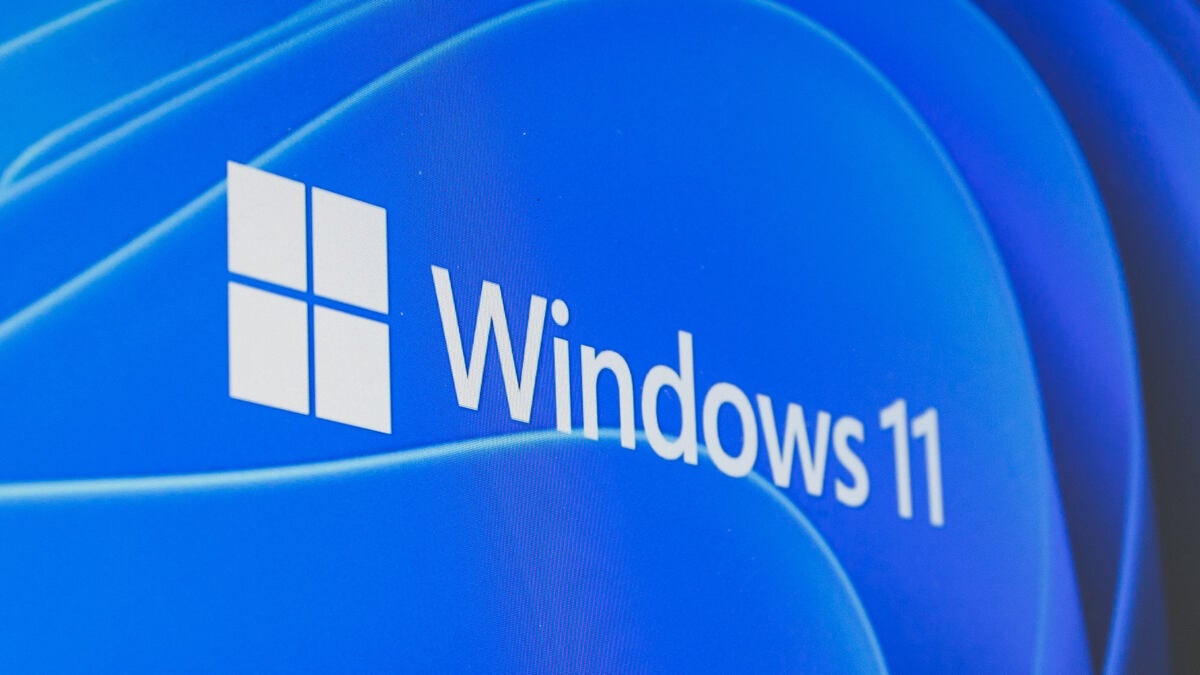The UK’s highest court ruled today that artificial intelligence systems can’t be the official holder of a patent, echoing legal trends elsewhere in the Western world and highlighting the legal issues still to come for the burgeoning field of generative AI.
The UK Supreme Court’s ruling, in Thaler v. Comptroller-General of Patents, Designs and Trade Marks, carefully marked out the limitations of the decision, saying that the appeal is “not concerned with the broader question of whether technical advances generated by machines acting autonomously and powered by AI should be patentable.” The ruling, instead, focused only on whether the patent office could grant a patent to an AI systems per se. In this case the AI was DABUS, developed by Stephen Thaler, the president and CEO of Imagination Engines.
To read this article in full, please click here
The UK’s highest court ruled today that artificial intelligence systems can’t be the official holder of a patent, echoing legal trends elsewhere in the Western world and highlighting the legal issues still to come for the burgeoning field of generative AI.The UK Supreme Court’s ruling, in Thaler v. Comptroller-General of Patents, Designs and Trade Marks, carefully marked out the limitations of the decision, saying that the appeal is “not concerned with the broader question of whether technical advances generated by machines acting autonomously and powered by AI should be patentable.” The ruling, instead, focused only on whether the patent office could grant a patent to an AI systems per se. In this case the AI was DABUS, developed by Stephen Thaler, the president and CEO of Imagination Engines.To read this article in full, please click here Read More Computerworld















+ There are no comments
Add yours